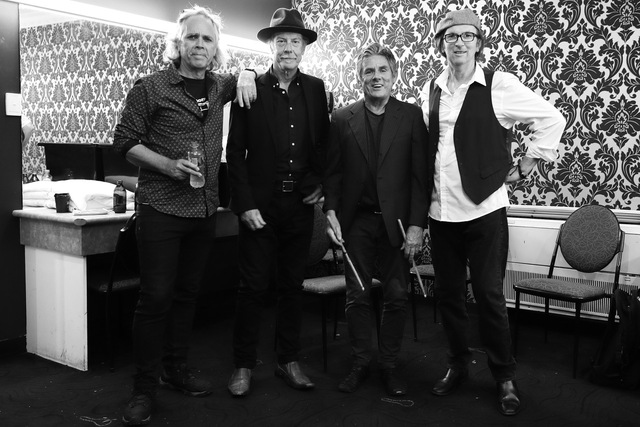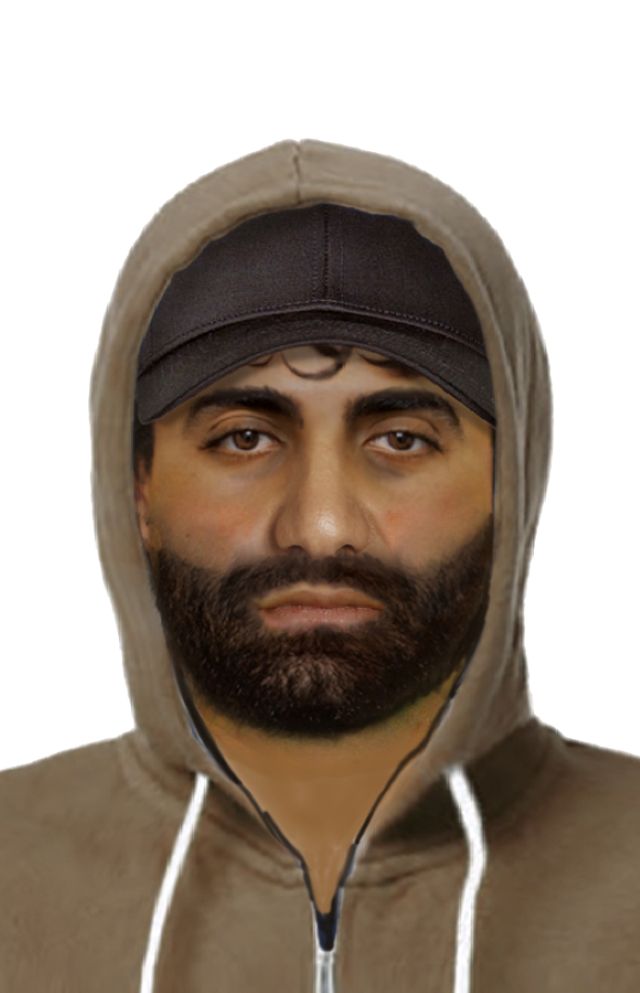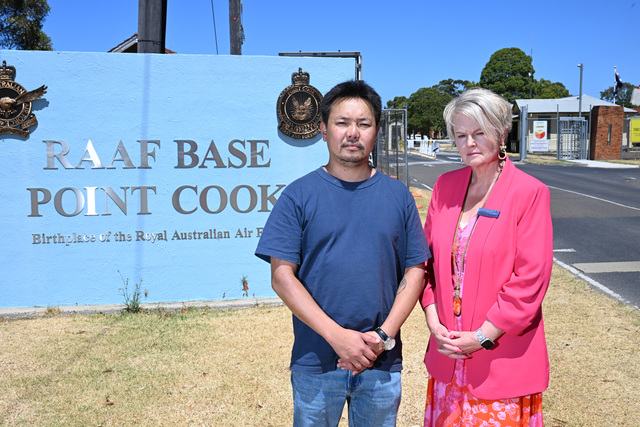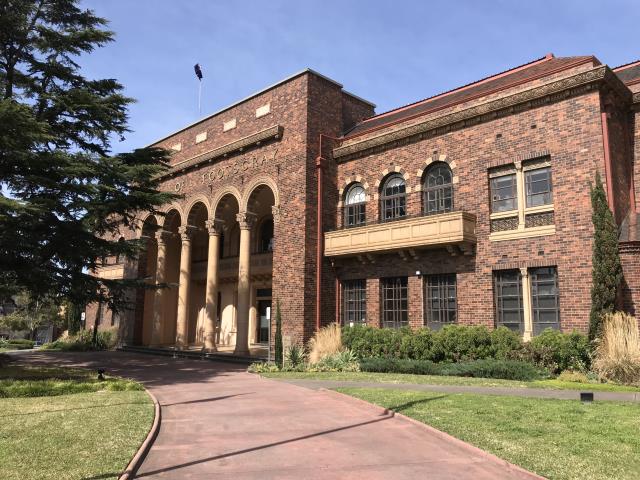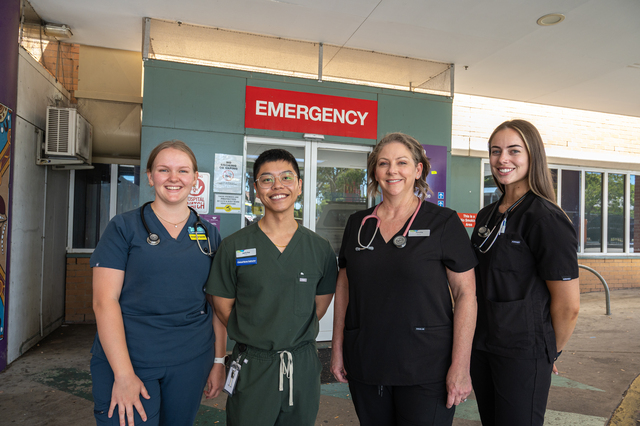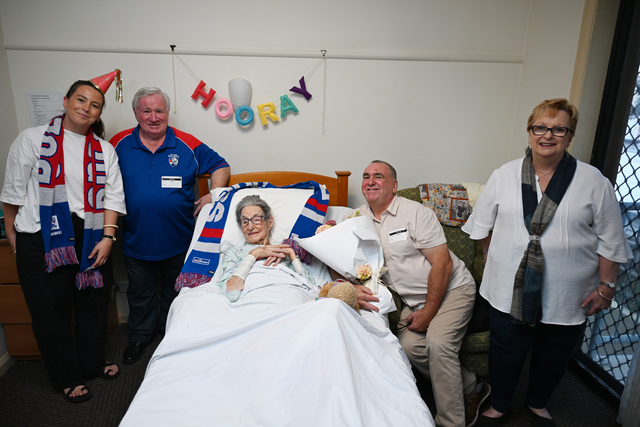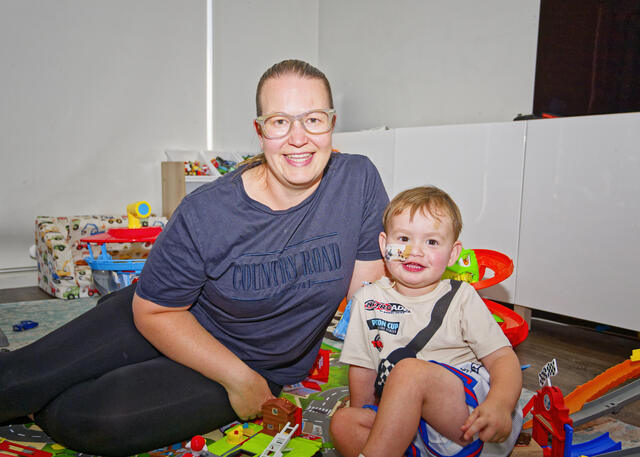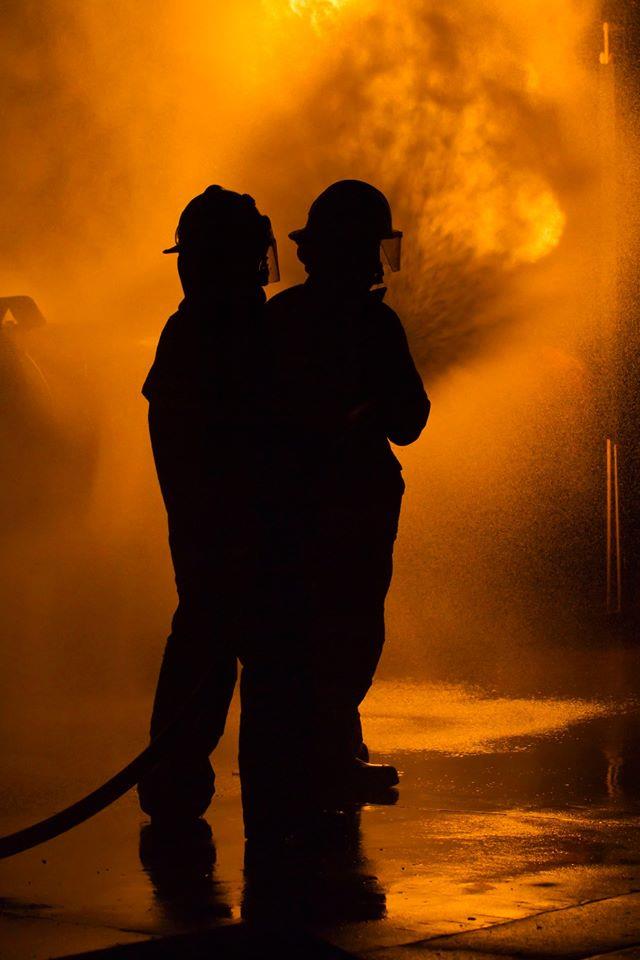Thousands of homeless people across Victoria will be given the opportunity to vote, some for the first time, following changes to the law to increase voter turn-out.
The Australia Electoral Commission will conduct mobile polling stations across the country in a bid to ensure that those without a fixed address have the chance to cast their vote.
Following changes to federal electoral law, homeless people with no fixed address are now able to enrol, including those living in crisis or transitional accommodation. Those who do not vote will not be fined.
It’s a significant change that has been welcomed by welfare groups for showing respect to those most disenfranchised in society.
According to Homelessness Australia, there are more than 105,000 homeless people across the country on any given night. Of those, almost 23,000 are in Victoria. More than 70 per cent are aged 18 and over.
In Victoria, there will be two AEC stations in St Kilda and one each in Fitzroy, Ringwood and Geelong.
Previously, mobile polling had only been conducted for those who were physically unable to get to a voting station, such as hospital patients and nursing home residents.
Some states, including Queensland, have allowed voting for people without a fixed address previously but it is the first time it will occur for a federal election.
HomeGround Services, which provides housing and welfare support to disadvantaged Victorians, recently co-hosted a barbecue with the AEC to encourage homeless people to enrol. About 10 people enrolled.
HomeGround CEO Heather Holst said it was vital that at a time when homelessness is on the increase, whose who are most affected get their say in government policy.
“Affordable housing is a really big issue and these are the people who need it most desperately,” she said. “It’s a great measure because it sends a big message that everyone’s vote is important.”
Wesley Mission Victoria spokeswoman Linda Downing welcomed the AEC’s committment to all voters.
“The Australian Electoral Commission have set up a voting booth at our service so our clients have the opportunity to vote. It sends the message that we all matter, homeless or not,” she said.

